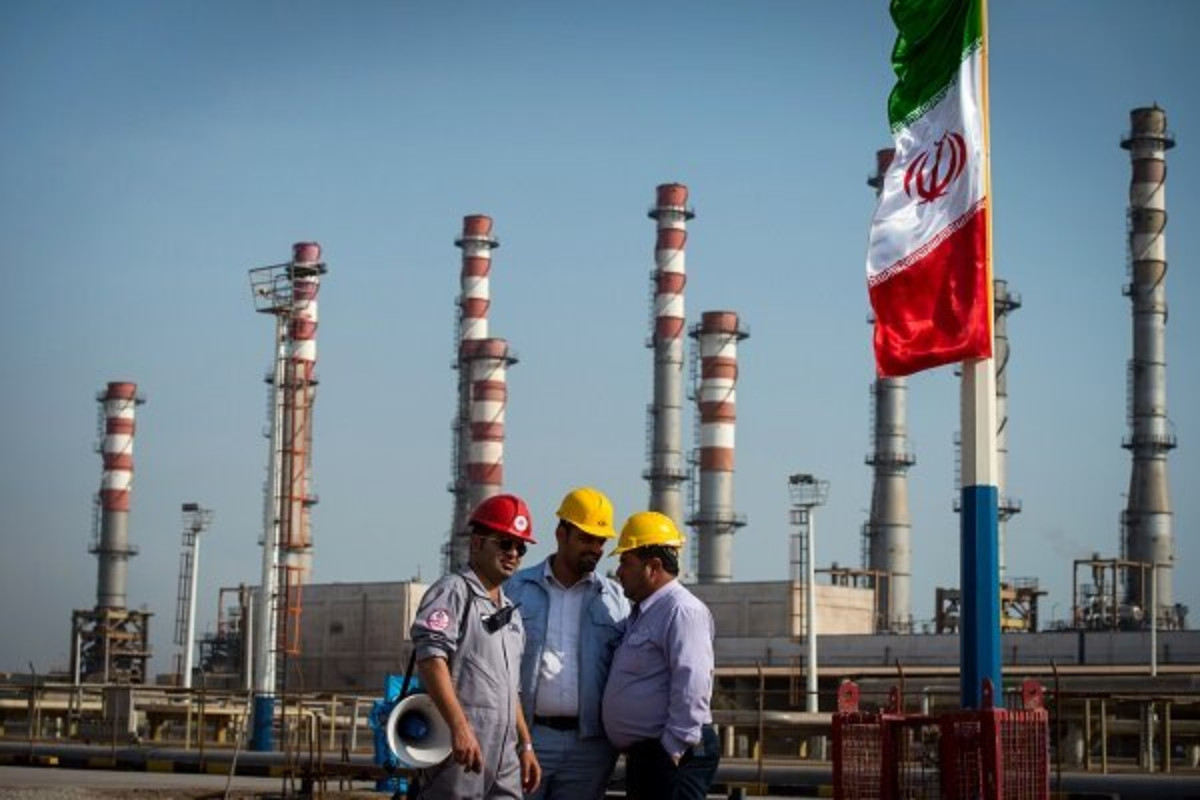Washington, United States– The United States announced on Tuesday that it was renewing for 120 days a sanctions waiver allowing Iraq to buy electricity from Iran.
“This action will allow Iraq to use its own funds to render payment for Iranian electricity imports into restricted Iranian accounts in Iraq,” a senior US State Department official told journalists, pointing out that Iran can only use these funds for humanitarian needs.
Because of US sanctions against Iran, Baghdad cannot pay Tehran directly for its gas.
To force Baghdad to pay its arrears, Tehran regularly suspends its gas supplies, which are essential for Iraq’s power stations, since they cover a third of the country’s needs.
Baghdad’s unpaid bills to Tehran for past gas imports amount to some $10 billion, according to the senior official.
Asked at a press briefing whether it would be poorly seen for Washington to grant the waiver at a time US service members deployed in Iraq and Syria have been attacked dozens of times over the past month by forces Washington says are backed by Tehran, a State Department spokesman pushed back.
“We don’t worry about optics, we worry about reality,” spokesman Matthew Miller told reporters. “And the reality is that these funds, as I said, can only be used for humanitarian and other non-sanctionable purposes.”








